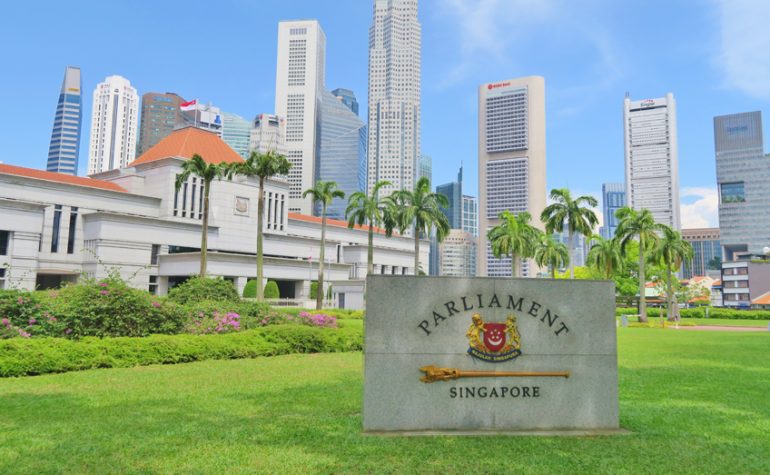- Pair Search, an AI-powered platform, transforms access to Singapore’s parliamentary records and legal judgments.
- Developed by Open Government Products (OGP), Pair Search utilizes advanced language models for intuitive searches.
- Positive feedback highlights Pair Search’s effectiveness, with 84% of users finding desired information within the top 10 search results.
- The platform’s evolution reflects Singapore’s commitment to technological innovation and transparency in governance.
- Ongoing developments aim to enhance Pair Search’s capabilities, including proactive recommendation features and AI-driven summarization functionalities.
Main AI News:
A state-of-the-art AI-powered search engine has been unveiled, revolutionizing the way users navigate through extensive archives of parliamentary records in Singapore. Named Pair Search, this innovative platform, accessible via search.pair.gov.sg, leverages advanced language models, akin to the technology underpinning ChatGPT.
Notably, Pair Search extends its functionality beyond parliamentary records, allowing users to explore case judgments from the High Court and Court of Appeal.
Early feedback from pilot users underscores the efficacy of this pioneering tool. According to Oh Chin Yang, a senior software engineer at Open Government Products (OGP), the response has been overwhelmingly positive. OGP, a forward-thinking government entity dedicated to technological innovation, conceptualized the Pair Search project during its annual hackathon.
Recognizing the potential of natural language processing and information retrieval advancements, the team embarked on developing a solution to facilitate more efficient searches for both public officials and citizens.
Incorporating user-centric design principles, Pair Search addresses shortcomings of existing search platforms. Unlike traditional keyword-based engines, Pair Search employs a sophisticated blend of advanced keyword matching and contextual understanding to deliver highly relevant results. Testimonials reveal that Pair Search outperforms its predecessors, with a remarkable 84% of users finding their desired information within the top 10 search results.
Moreover, Pair Search boasts a user-friendly interface, presenting search results alongside informative snippets akin to modern search engines. This streamlined experience, coupled with the ability to sort results by relevance, enhances usability and accessibility for all users.
A Transformative Journey Towards Comprehensive Accessibility
The evolution of Singapore’s parliamentary records accessibility reflects a remarkable journey marked by technological advancements and progressive policy reforms. Initially, accessing historical records posed significant challenges, both in terms of accessibility and affordability.
However, with the advent of digitalization, initiatives were set in motion to democratize access to this invaluable repository of information.
In 2000, a significant milestone was achieved with the introduction of freely accessible Hansard reports online. Nonetheless, limitations persisted, prompting calls for further enhancements to ensure comprehensive access to parliamentary proceedings.
Over the years, concerted efforts have been made to refine search functionalities and expand access to historical records, culminating in the development of Pair Search.
Looking Ahead: A Vision for Future Advancements
As Pair Search continues to evolve, the focus shifts towards augmenting its capabilities as a comprehensive research tool. Plans are underway to introduce proactive recommendation features tailored to users’ search patterns, further enhancing the user experience.
Additionally, ongoing developments include the integration of AI-driven summarization functionalities, providing users with succinct insights derived from search queries.
While Pair Search represents a significant leap forward in facilitating access to parliamentary records, questions arise regarding its integration with existing platforms. As discussions unfold regarding the future landscape of search platforms, stakeholders remain committed to adapting to evolving technological trends and user needs.
Conclusion:
Pair Search’s emergence signifies a significant advancement in democratizing access to parliamentary insights. Its success underscores the growing demand for innovative solutions in governmental transparency and information accessibility. As Pair Search continues to evolve, businesses in the market should take note of the importance of leveraging AI-driven technologies to meet evolving consumer needs and expectations.

